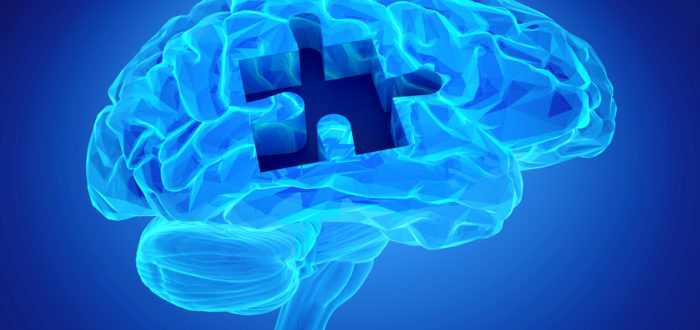June is Alzheimer’s and Brain Awareness Month, so we’re exploring matters of the brain. The Hearing Loss Association of America has noted that ‘hearing loss may increase the risk of cognitive problems and even dementia.’ So is hearing loss a sign of dementia?
Alzheimer’s & Dementia
Alzheimer’s is a disease that affects your brain. A group of symptoms that are caused by diseases of the brain are known as Dementia. These symptoms could include problems with memory, thinking, language, problem-solving and perception.
70% of dementia is caused by Alzheimer’s disease. It is a serious health concern. Approximately 1 in 6 women and 1 in 10 men over 55 years of age will develop dementia. It can, however, affect people of all ages.
How Are Dementia And Hearing Loss Linked?
Untreated hearing loss can put a lot of strain on your brain. If you’ve ever felt mentally tired after a period of time in a loud environment, you’ve experienced brain fatigue. The extra stress on your brain can have surprising results. A John Hopkins study identified that the risk of dementia increased depending on the severity of hearing loss:
- X 2 for those with mild hearing loss.
- X 3 for those with moderate hearing loss
- X 5 for those with severe hearing loss
In addition to the added cognitive load on your brain, these are other ways that an untreated hearing loss may increase your risk of developing dementia:
- Social isolation is accepted as a risk factor for dementia. Unfortunately, individuals with a hearing loss, particularly when left untreated, experience higher levels of social isolation. This is likely related to the reduced amount and quality of brain stimulation.
- Your brain structure may change. A study of MRI scans demonstrated that hearing loss can result in a faster decline of brain volume. The study found that people with a hearing loss use their brain differently to people with normal hearing. The consequence is that the brain cells that are not being used in individuals with hearing loss ultimately shrink.
How Can I Reduce My Risks?
According to the National Institute on Deafness and Other Communication Disorders (NIDCD), “15% of American adults (37.5 million) aged 18 and over report some trouble hearing.” But many with a hearing loss will wait 10 years before seeking treatment!
Regular hearing assessments are the best way to stay on top of your baseline hearing. Identifying a hearing loss early on can minimize the impact on your life and your overall well-being. It’s important to protect your hearing to help protect your brain. If you want to learn more or book a hearing assessment, get in touch today.
To book an appointment, call Regional Hearing and Balance Center at 208-497-3596 or click here to book a complimentary hearing assessment.


Recent Comments